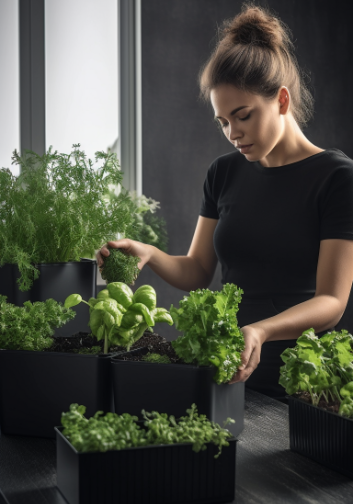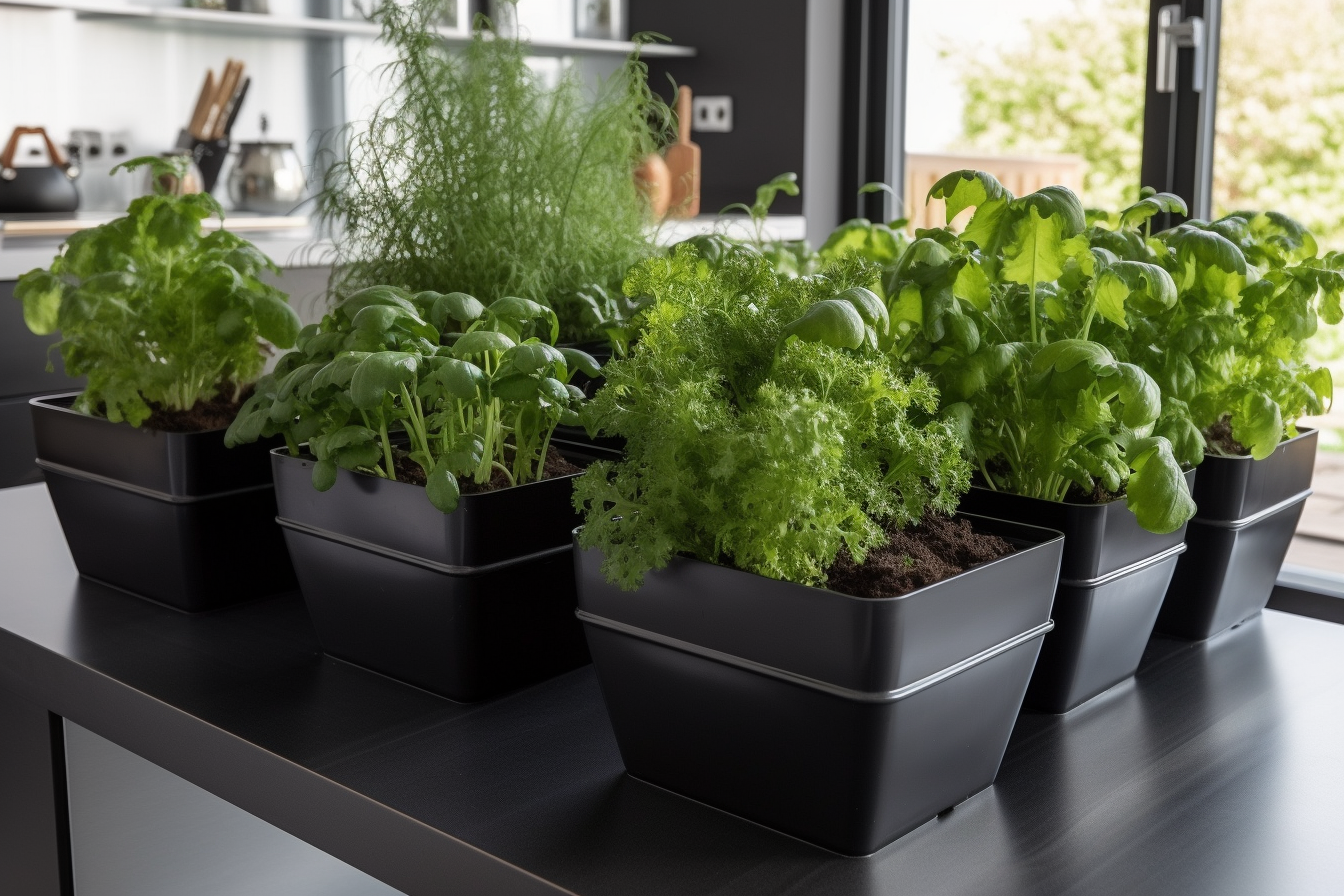Growing your own vegetables is a rewarding experience that offers many benefits, such as providing fresh and healthy produce, reducing your carbon footprint, and connecting you with nature. One way to achieve this is by planting heirloom vegetable seeds in a container garden. In this article, we will provide tips and best practices for growing heirloom vegetables in containers.
Importance of Heirloom Seeds
Heirloom seeds are open-pollinated seeds that have been passed down from generation to generation. They are not genetically modified and have unique traits that make them desirable for gardening enthusiasts.
Choosing the Right Container
When selecting a container, consider the size and drainage. Most vegetables require at least six to eight hours of direct sunlight, so place your container in a sunny location. Additionally, make sure the container has drainage holes to prevent waterlogging and root rot.
Soil Preparation
To ensure healthy plant growth, use high-quality potting soil that is rich in organic matter. Mix in some compost or fertilizer to provide nutrients to the plants. Avoid using garden soil or topsoil, as they can compact in containers and affect the plant’s growth.

Popular Heirloom Vegetable Varieties for Container Gardening
- Lettuce Greens – Loose-leaf varieties of lettuce are ideal for container gardening because they can be harvested multiple times throughout the season.
- Tomatoes – Heirloom tomatoes come in various shapes, sizes, and colors, and are well-suited for container gardening.
- Peppers – Many pepper varieties, including jalapeños and bell peppers, thrive in container gardens.
- Cucumbers – Cucumbers can be grown vertically in a container garden and produce high yields.
- Carrots – Shorter varieties of carrots, such as Paris Market, can be grown in containers, making them a perfect addition to a container garden.
- Radishes – Radishes are fast-growing and easy to grow in containers. They add a crisp, spicy bite to salads and sandwiches.
- Beans – Bush beans grow well in containers, and some heirloom varieties, such as Dragon Tongue, have unique color patterns.
- Eggplant – Eggplant is a heat-loving vegetable that can be grown in a container garden with well-draining soil and plenty of sunlight.
- Zucchini – Zucchini plants are prolific growers that can be grown in a container garden, producing large yields of squash.
- Herbs – Herbs, such as basil, thyme, and oregano, can be grown in containers and add flavor to many dishes.

Best Practices for Growing Heirloom Vegetable Seeds in a Container Garden
- Water your plants regularly, keeping the soil moist but not waterlogged.
- Fertilize your plants periodically with a balanced, water-soluble fertilizer.
- Prune your plants regularly to promote healthy growth and prevent overcrowding.
- Monitor your plants for pests and diseases and take action promptly if necessary.
- Harvest your vegetables when they are ripe to encourage further growth and prevent overripening.

Using heirloom seeds from reputable seed companies such as FarmerValley can ensure that you are planting high-quality seeds that are true to their variety. By following these tips and best practices, you can grow healthy and delicious heirloom vegetables in your container garden.
Detailed Guides for Planting Vegetables, Herbs, Greens & Lettuce, Peppers, and Wildflowers:
At FarmerValley we offer detailed guides for planting vegetables, herbs, greens & lettuce, peppers, and wildflowers. These guides provide step-by-step instructions for planting and caring for your plants, as well as tips for getting the best results. Check our growing guides and plant your own non-GMO garden with confidence.
Planting non-GMO seeds is a great way to enjoy fresh and healthy vegetables and herbs while also knowing that you’re avoiding harmful additives. With these essential tips and top lists, as well as our detailed guides, you’ll be on your way to a bountiful harvest in no time.

